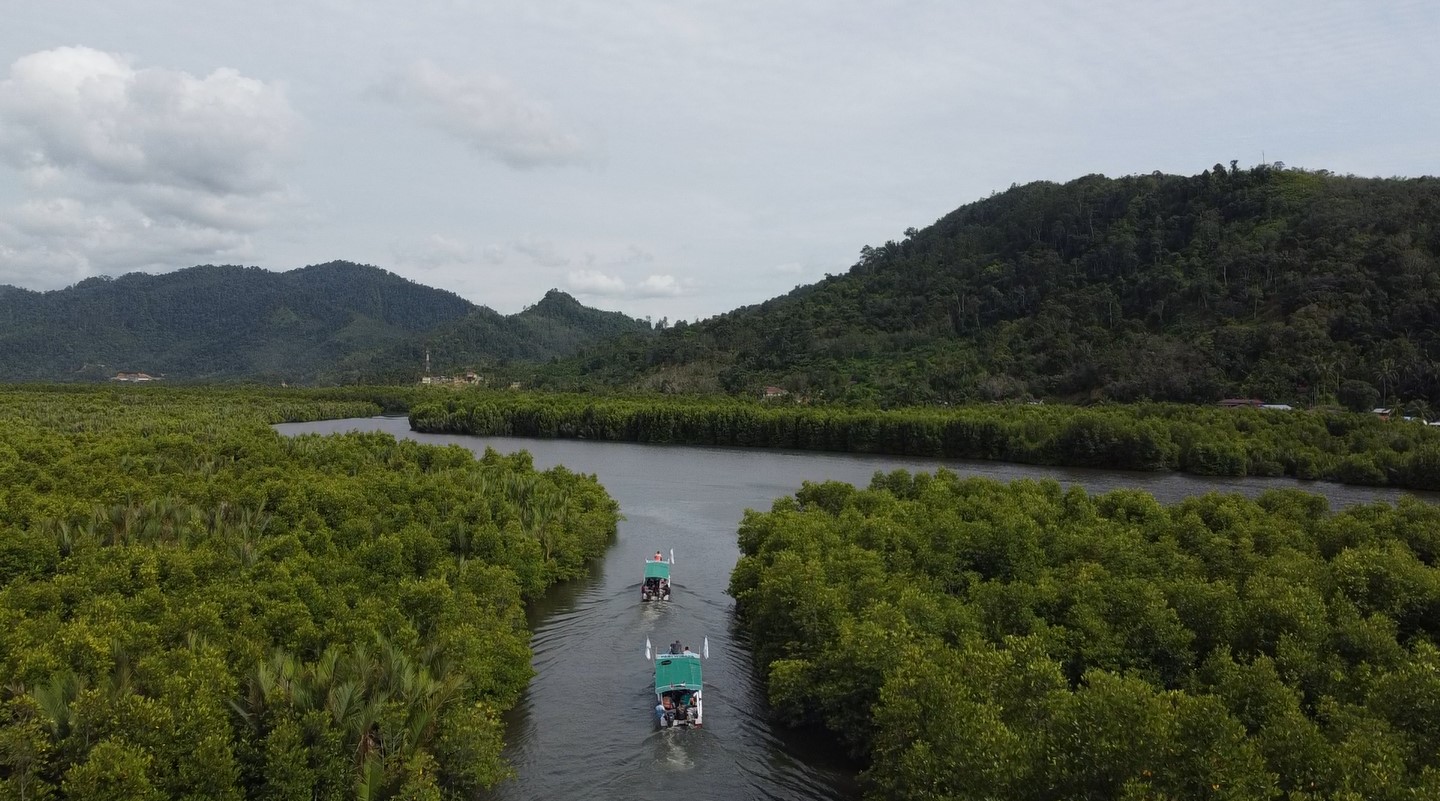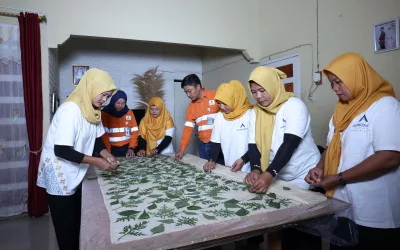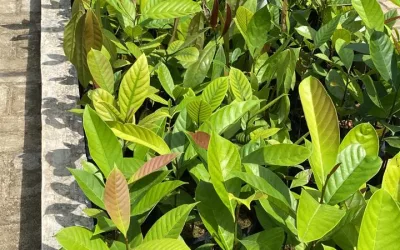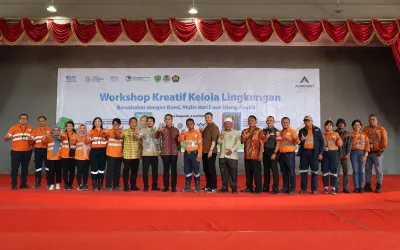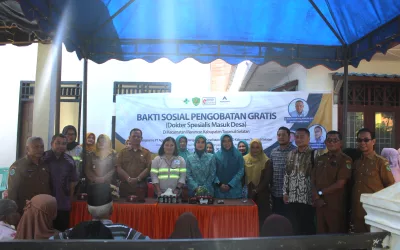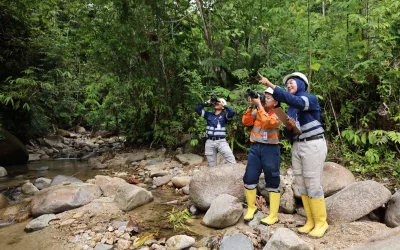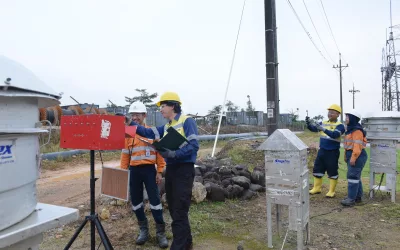Global warming can directly or indirectly have negative impacts on human health, such as an increase in vector-borne and rodent-borne diseases (for example, malaria and dengue fever), an increase in smog and air pollution, an increase in foodborne and waterborne diseases (for example, E. coli infections and shellfish poisoning), as well as increased in skin cancer and cataracts due to strong ultraviolet radiation.
One way to prevent or reduce the impact of global warming is to develop and restore mangrove forest areas. Study results showed that mangroveforest ecosystems have an important role in reducing the effect of greenhouse gasses as mitigation of global warming because they can reduce carbon through a “sequestration” mechanism, namely the absorption of carbon from the atmosphere and store it in the form of biomass which reaches 296 tons C/ha.
Mangrove forests have the potential to absorb more carbon than other plants. Supporting research conducted by a team of researchers from the US Forest Service Pacific Southwest Station and US Forest Service Northern Research Station, University of Helsinki and the Center for International Forestry Research found that mangroves store four times more carbon per hectare than other tropical forests around the world, or between 600-1800 tons of carbon or 1200 tons of carbon can be maintained in 1 hectare of mangrove forest in average.
But losing mangrove forests will release carbon dioxide in large quantities in proportion to the carbon that has been absorbed. Deforestation or destruction of mangroves can lead to an increase in carbon dioxide emissions in the atmosphere by 20%. Mangrove damage can be prevented by involving the community in the process of land rehabilitation, one of which is by planting mangroves plant. The planting action will gradually improve mangrove forests.
As a company committed to preserving biodiversity and doing the best environmental management, PT Agincourt Resources (PTAR), as the operator of the Martabe Gold Mine, in collaboration with the Mandiri Lestari Forest Farmers Group (KTH) held an Aksi Tanam Mangrove, namely a movement to plant 30,000 mangrove seedlings.
This Aksi Tanam Mangrove was carried out in Kalangan Village, Kalangan Indah Village, and Aek Sitio-tio, Pandan Sub-District, Central Tapanuli Regency, North Sumatra with a total land area of 10 hectares. It is hoped that the Aksi Tanam Mangrove can improve the mangrove forest ecosystem along the coast. The location of this location is also strategic as a wave barrier area. In the long term, the planting location can also be used as a mangrove ecotourism location, so that it can improve the community’s quality of life and economy.
This mangrove planting, which was carried out simultaneously with the distribution of 20,000 shellfish seeds, began on 2 February 2023 and will run for 6 months. Monitoring of developments will be carried out for the next 2 years by PTAR together with KTH Mandiri Lestari and in coordination with the local government.
This Aksi Tanam Mangrove by PTAR was also carried out to support the Astra 2030 Sustainability Aspirations which targeted a 30% reduction in greenhouse gas emissions for the Astra Group Scope 1 and 2.

